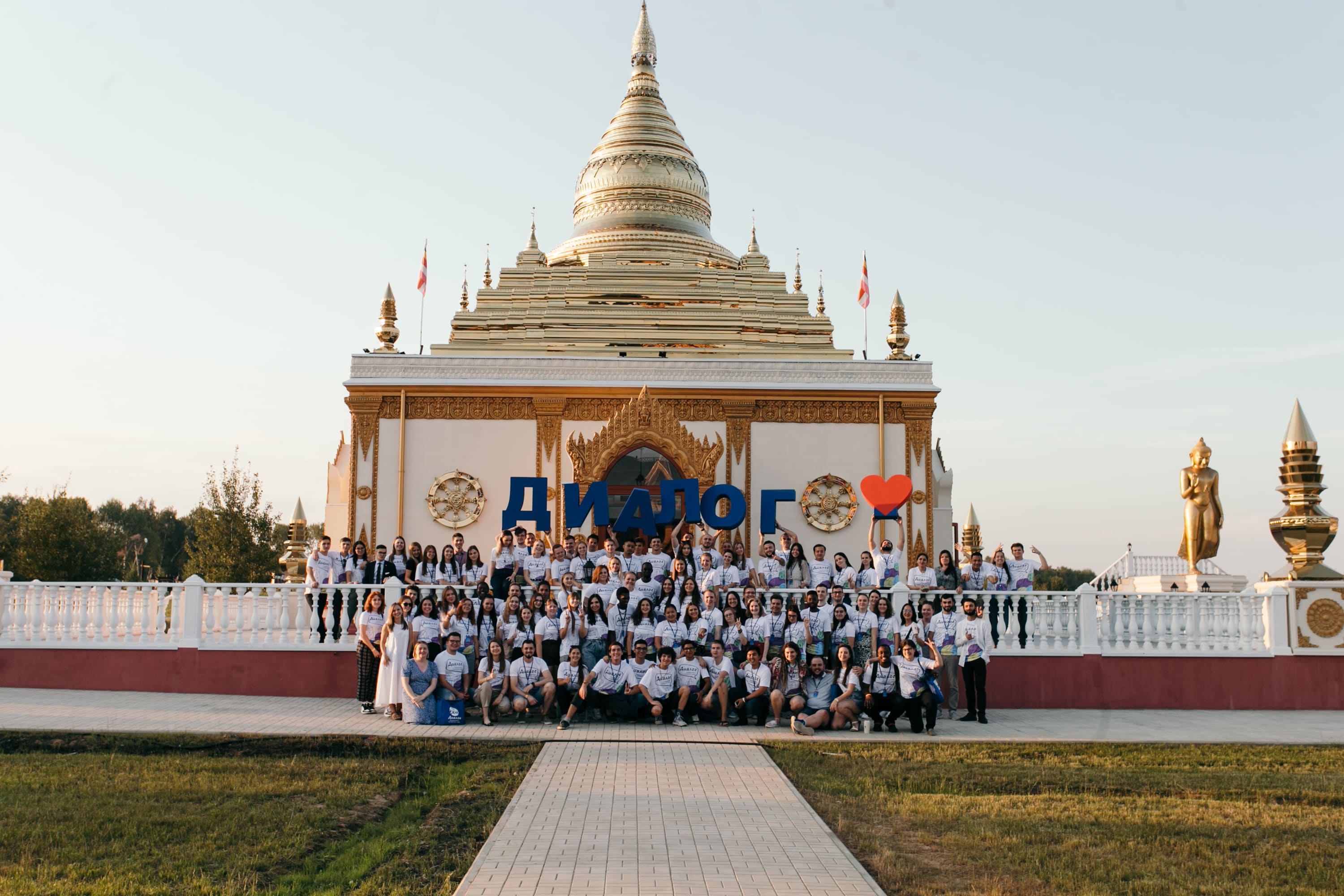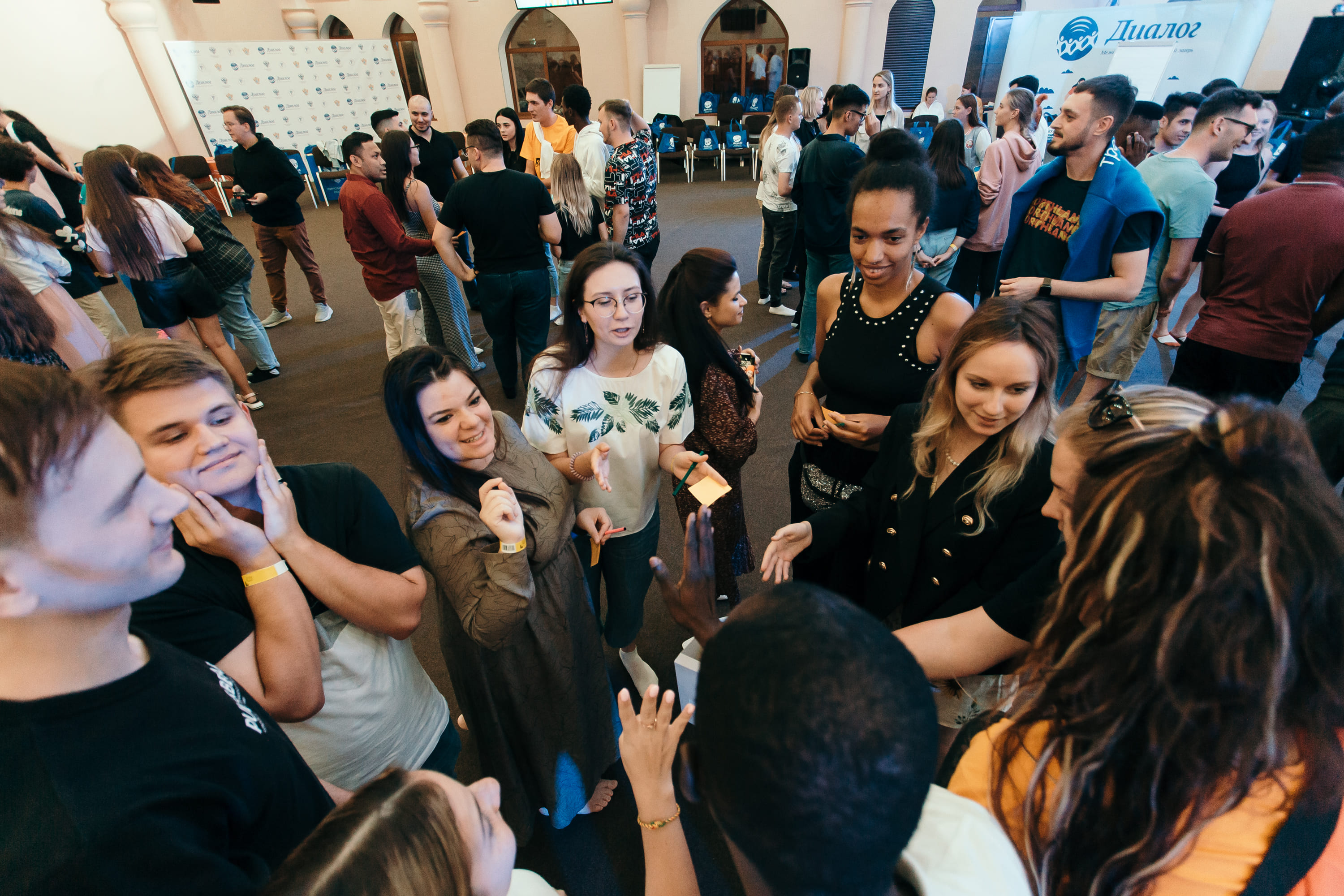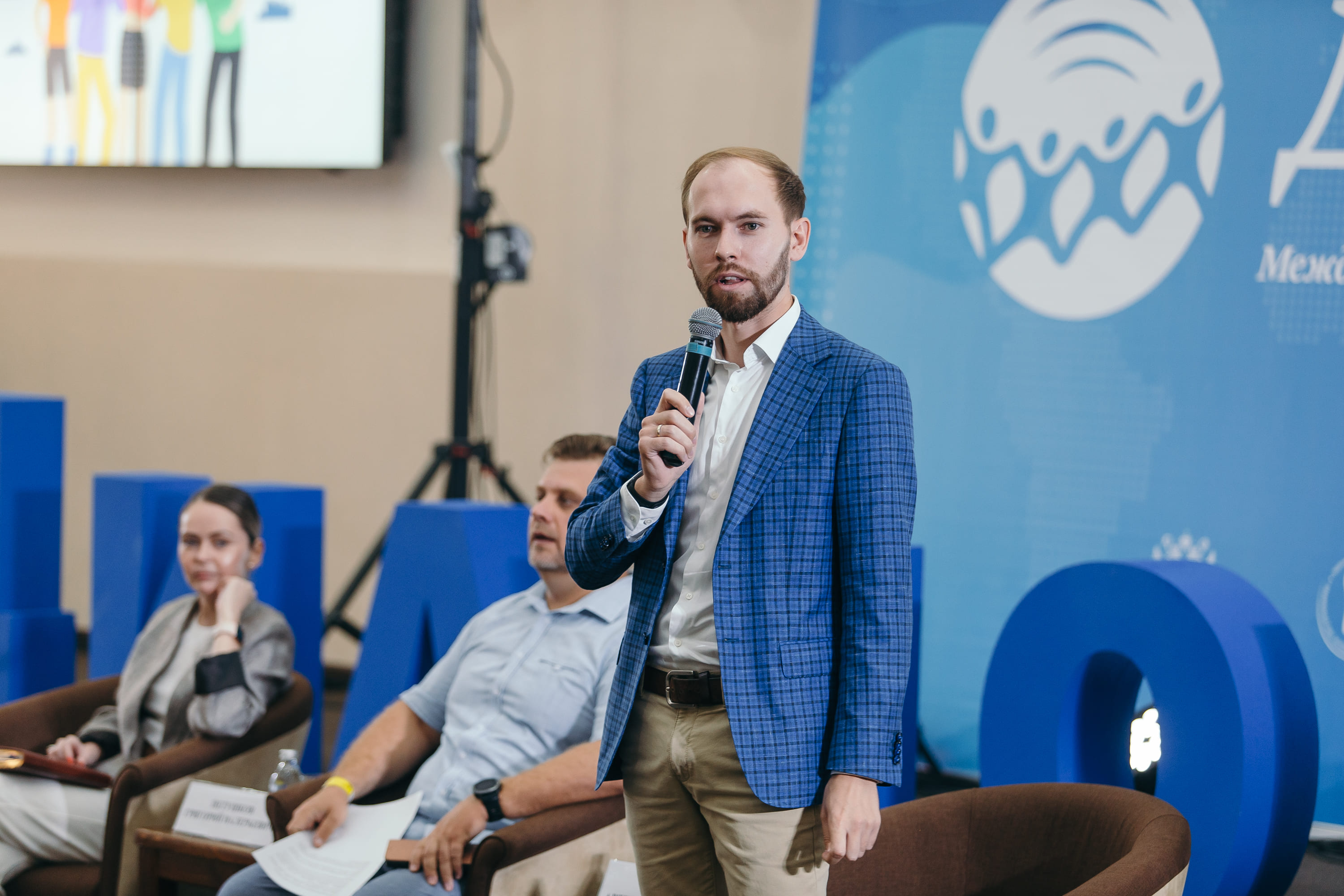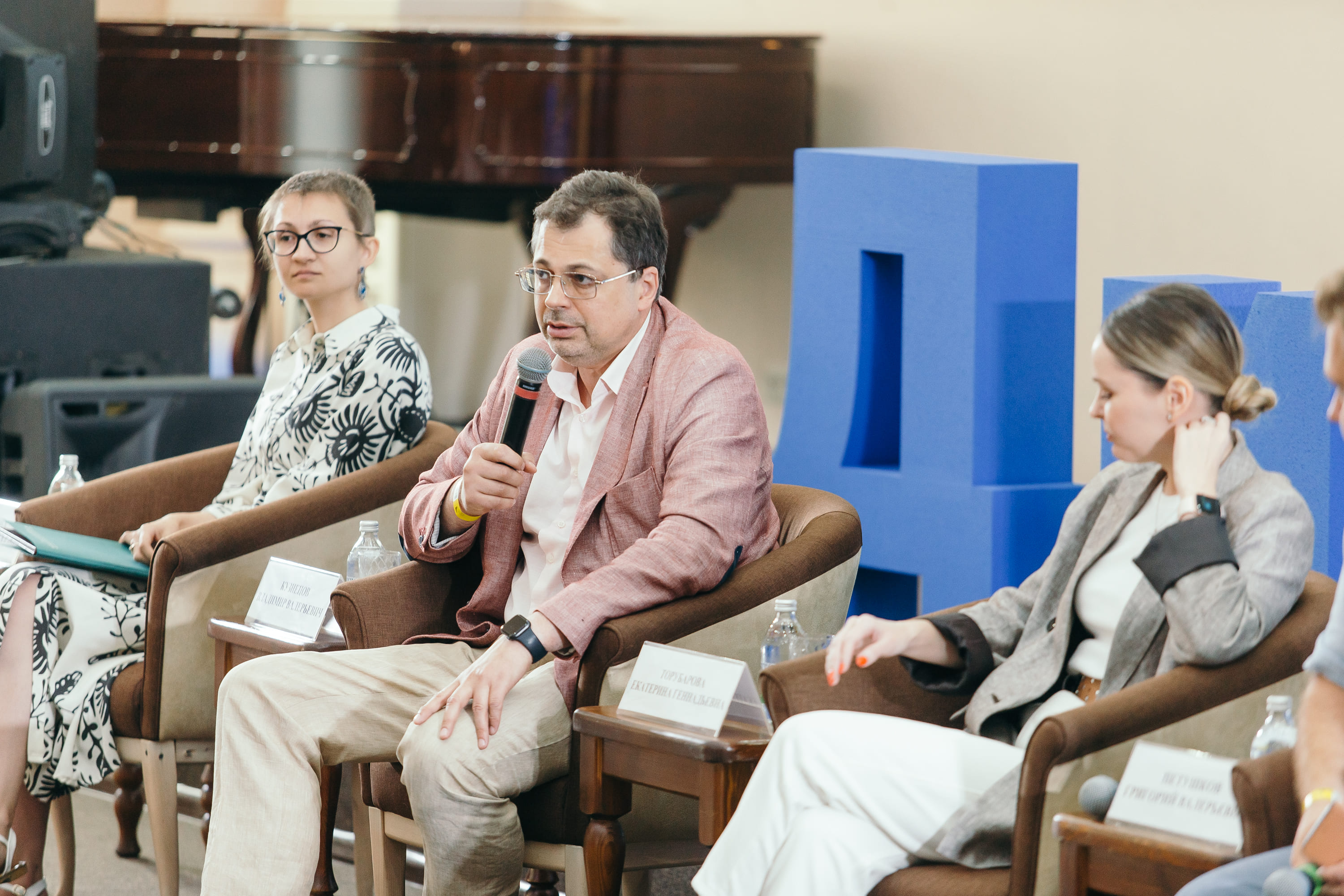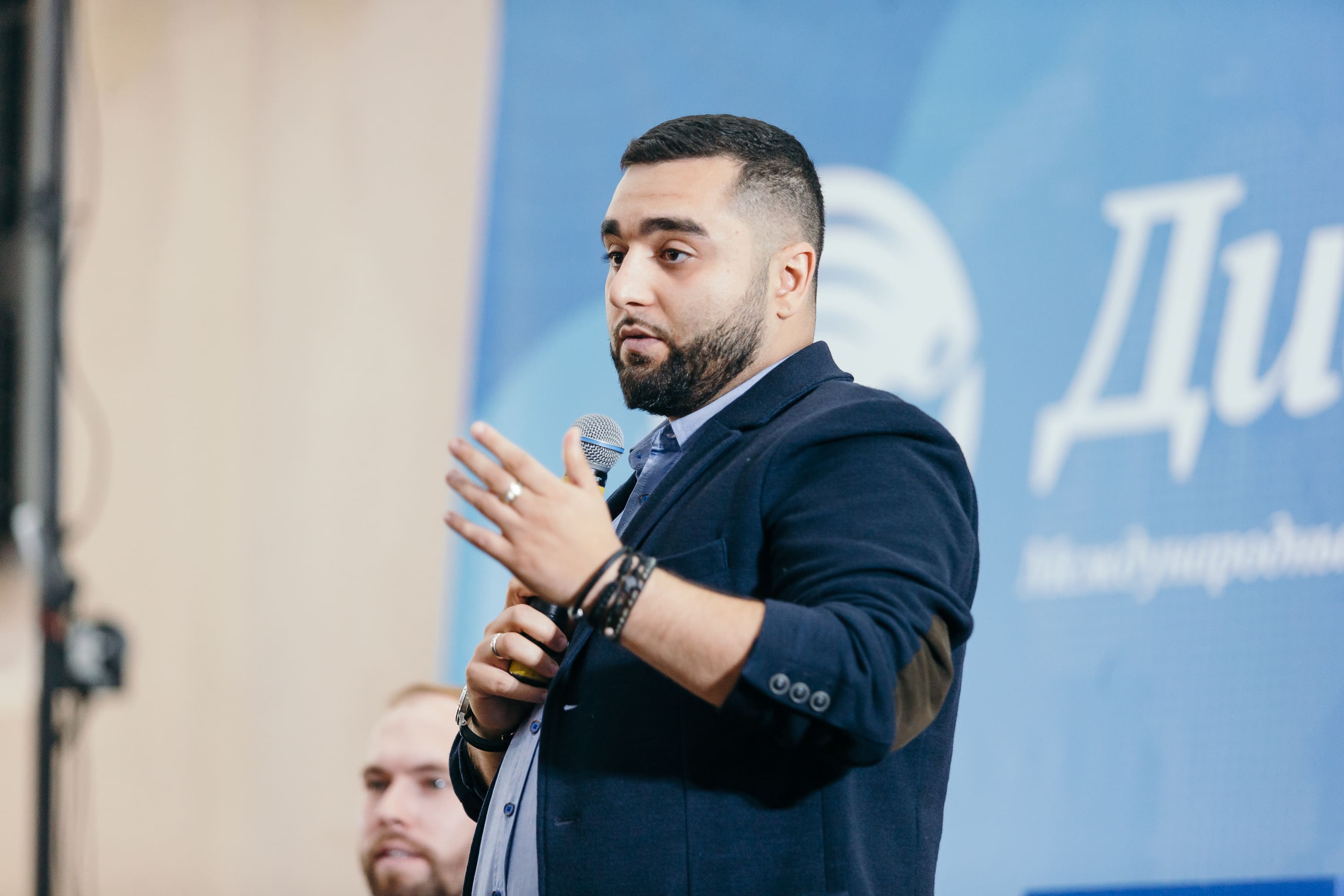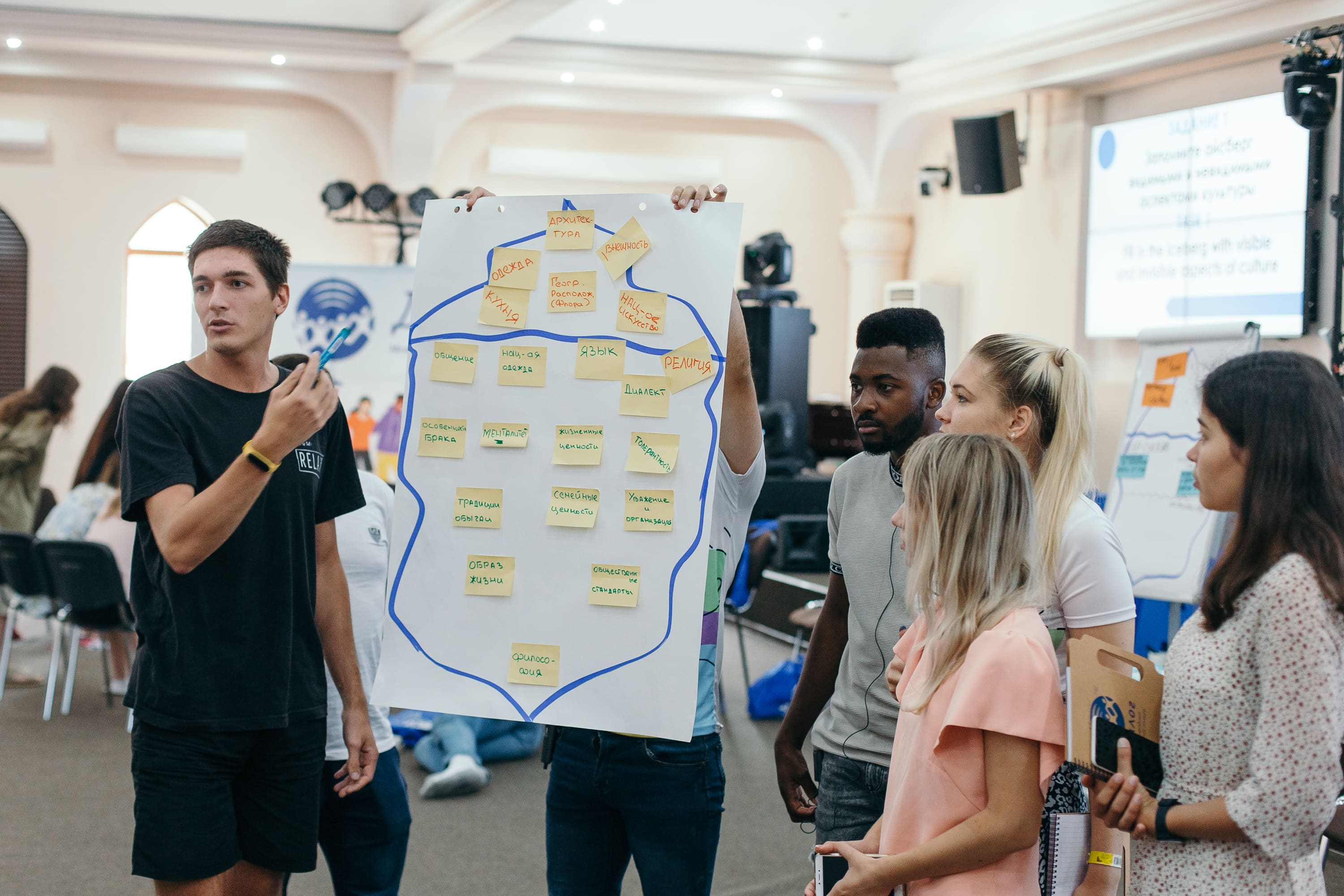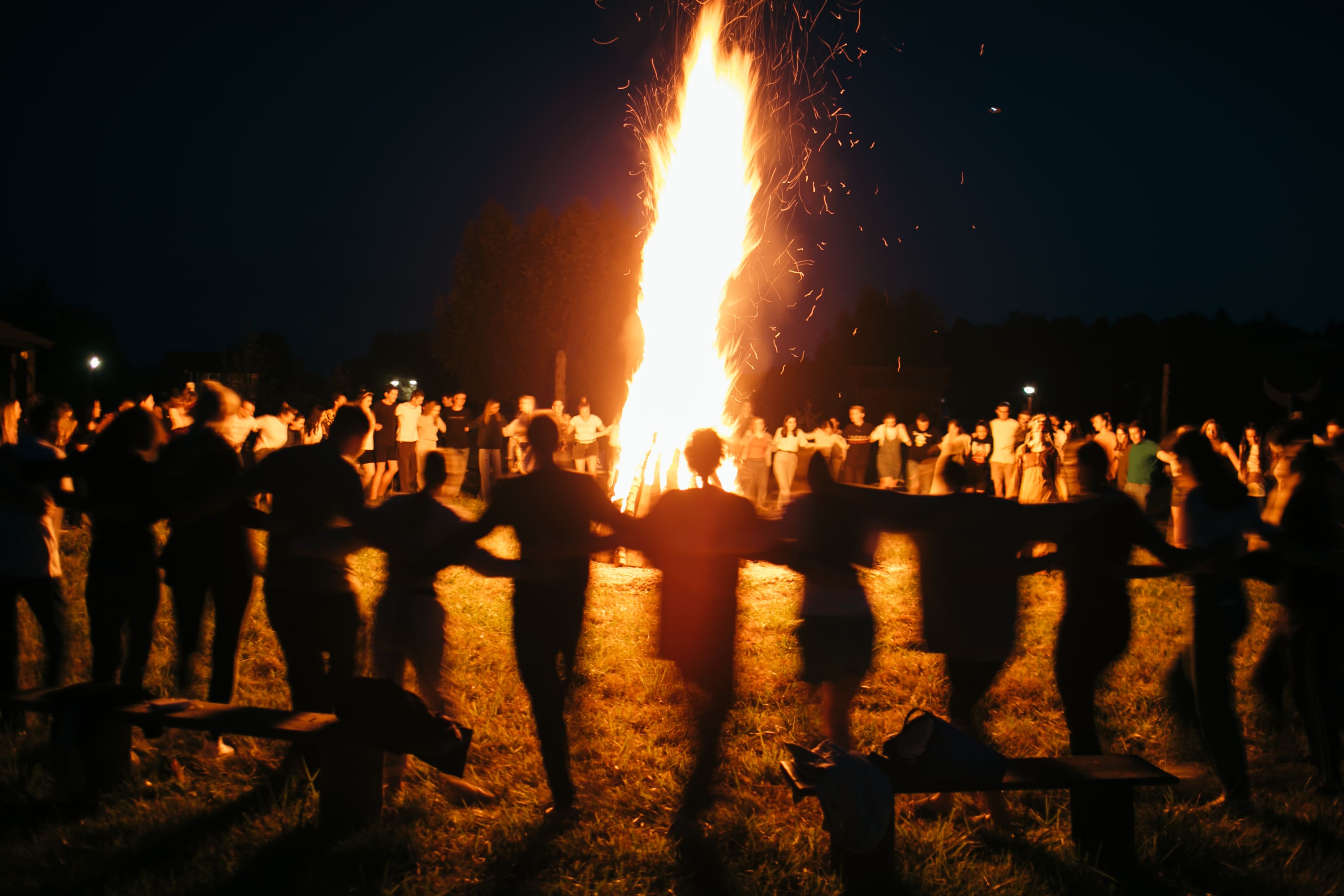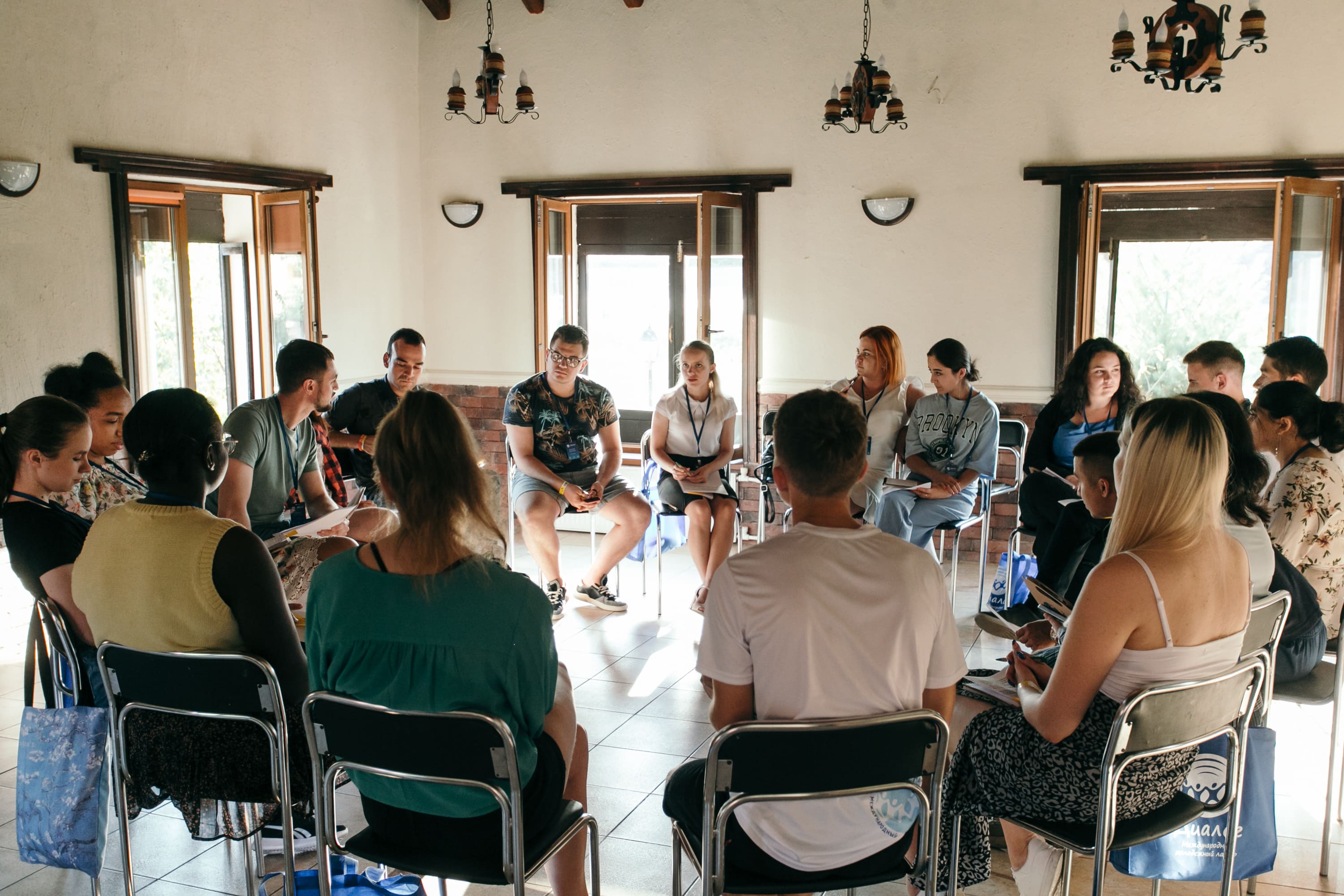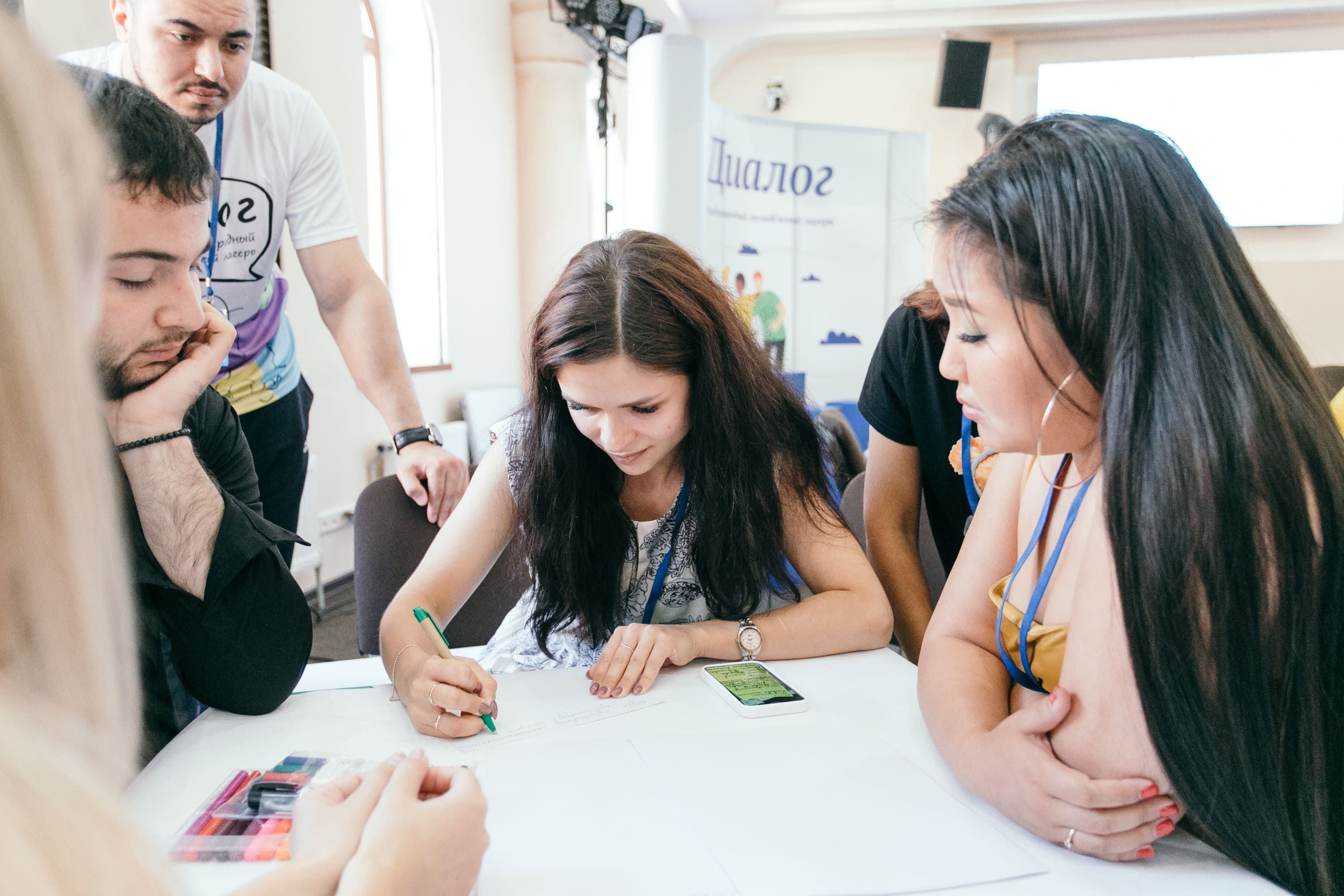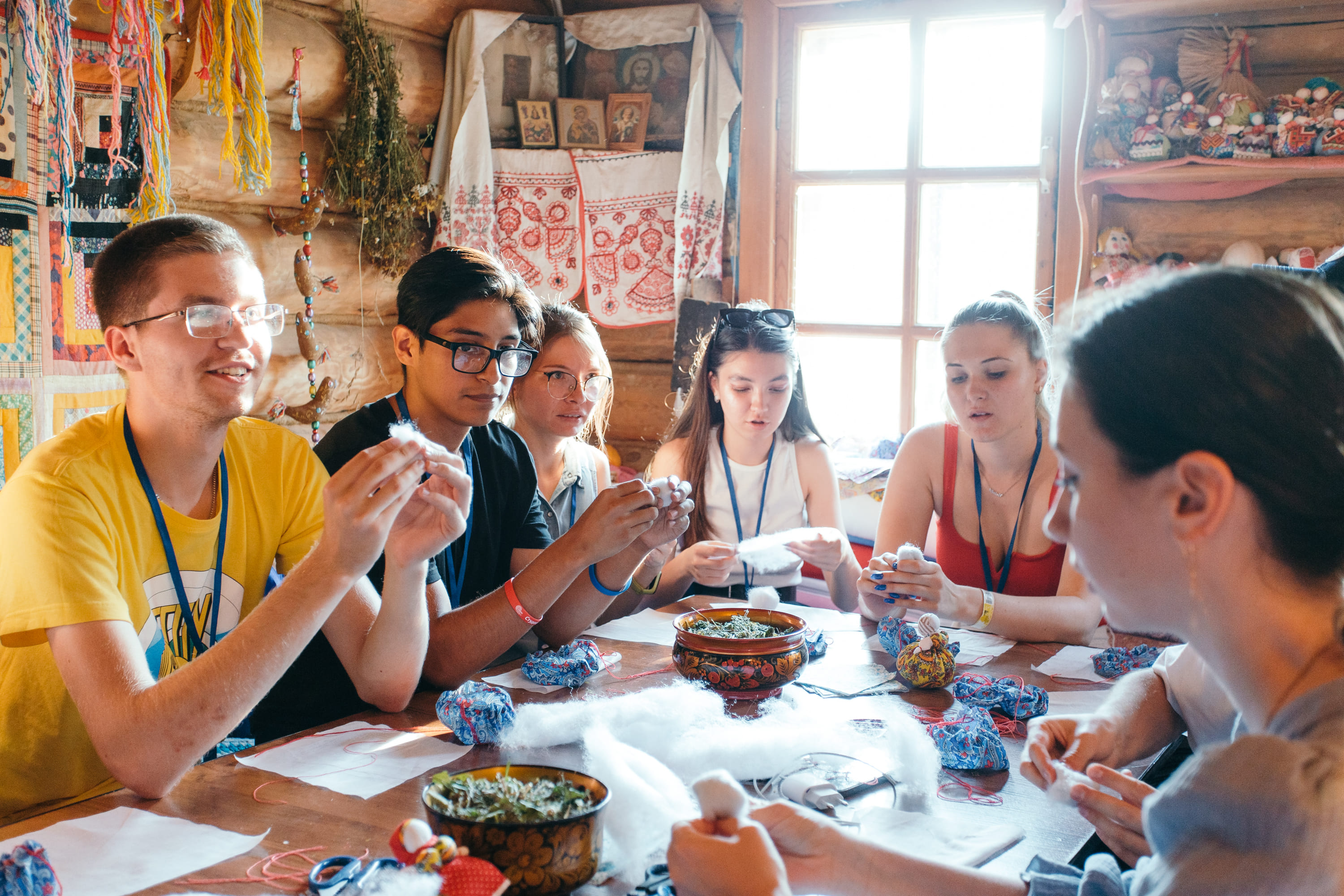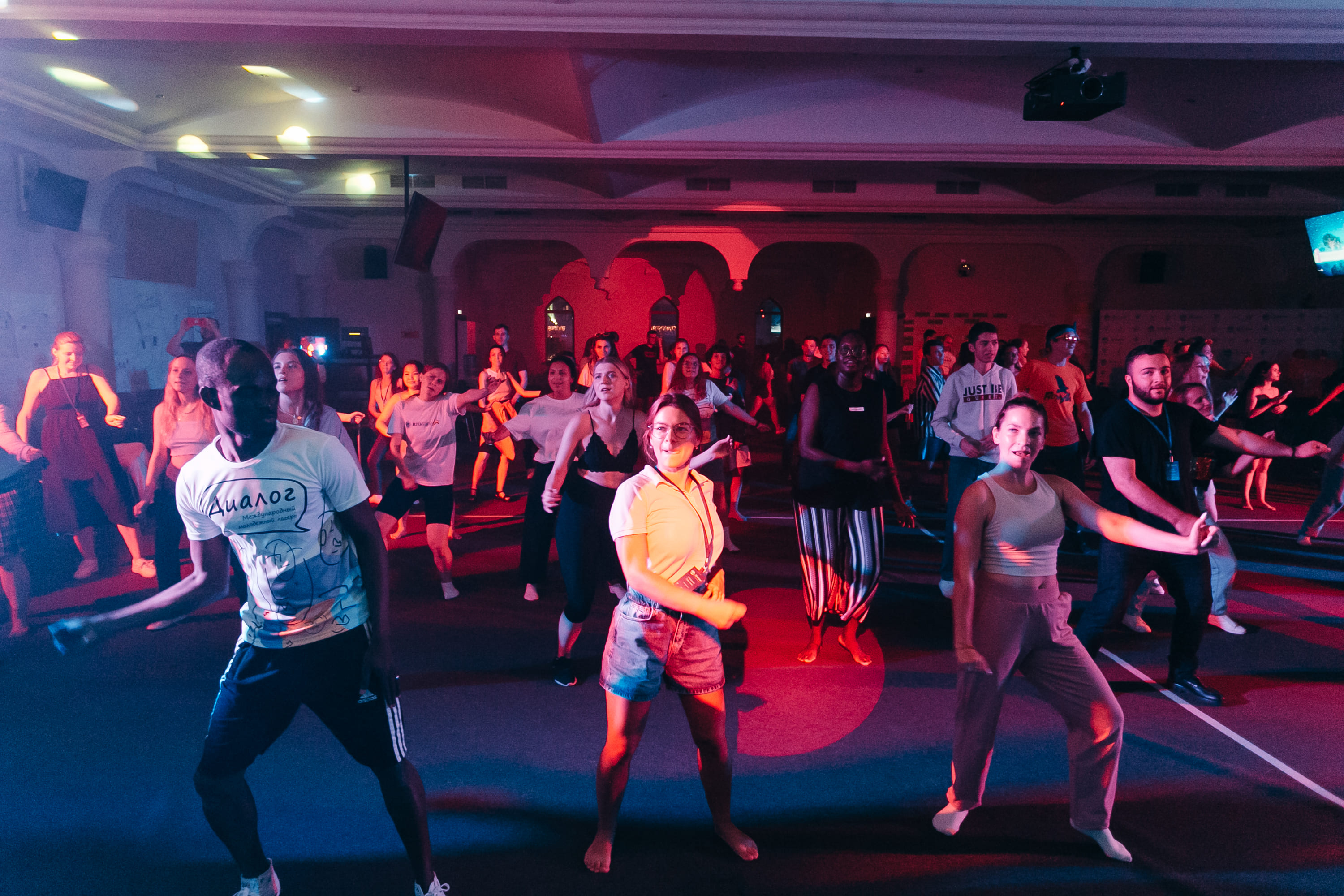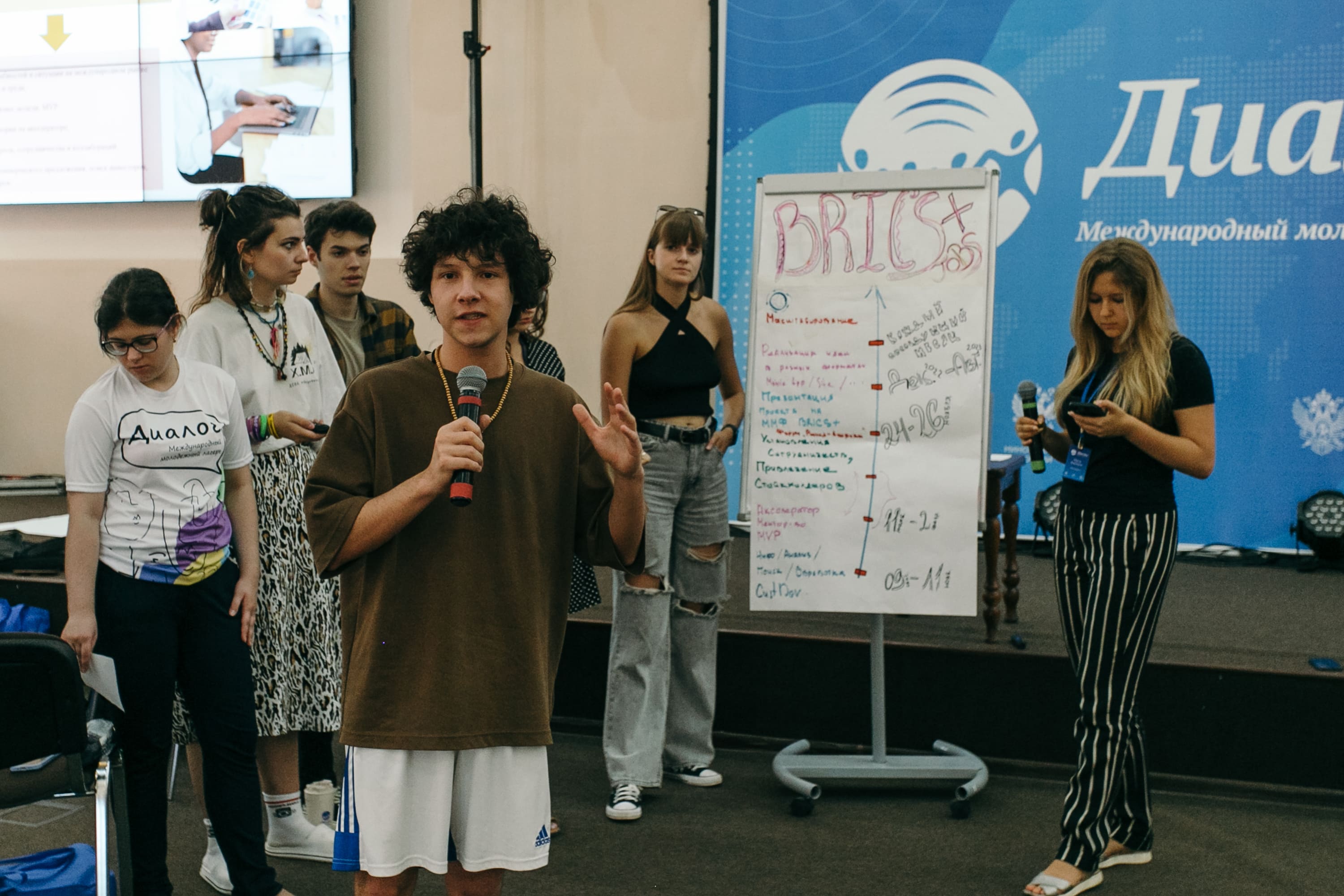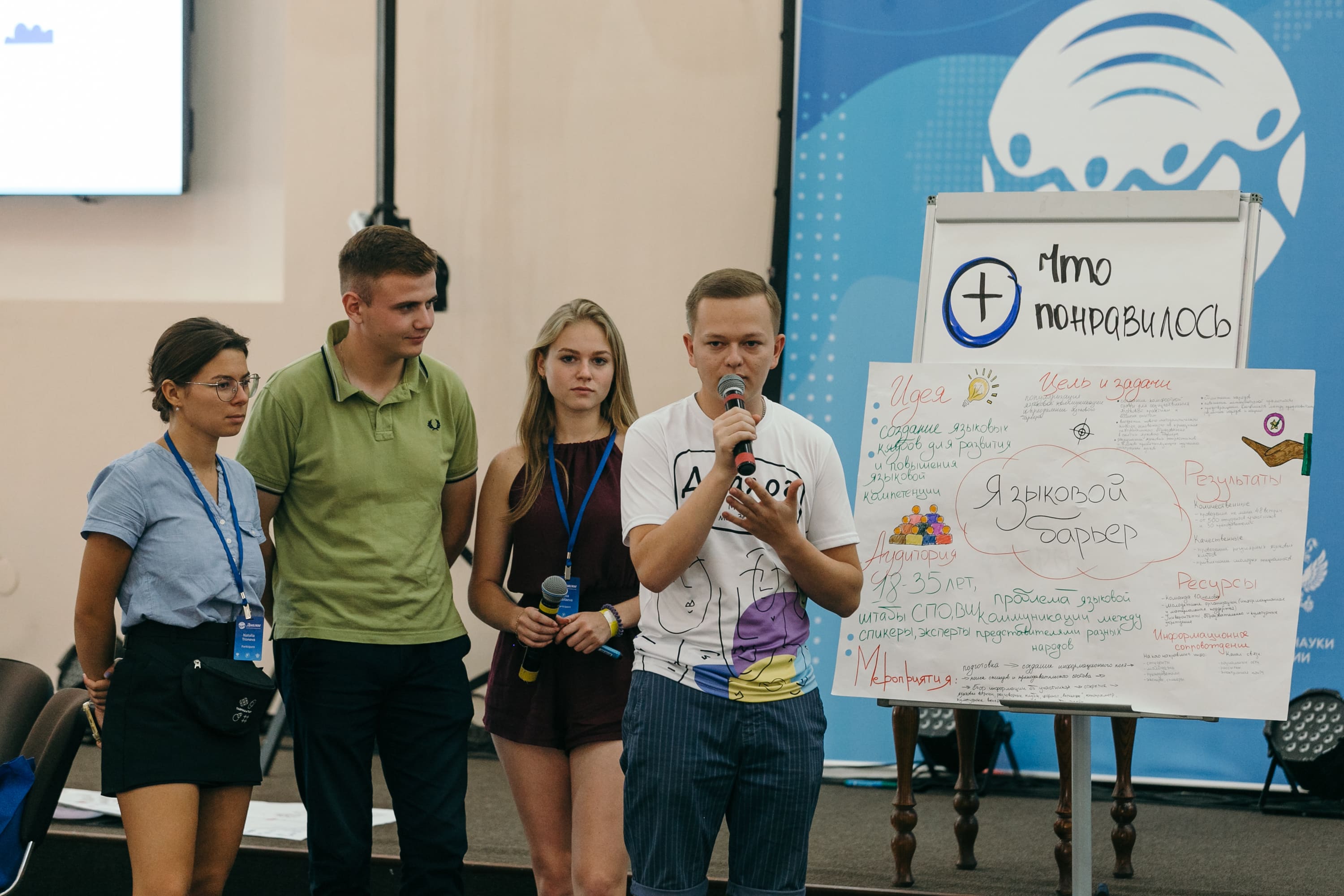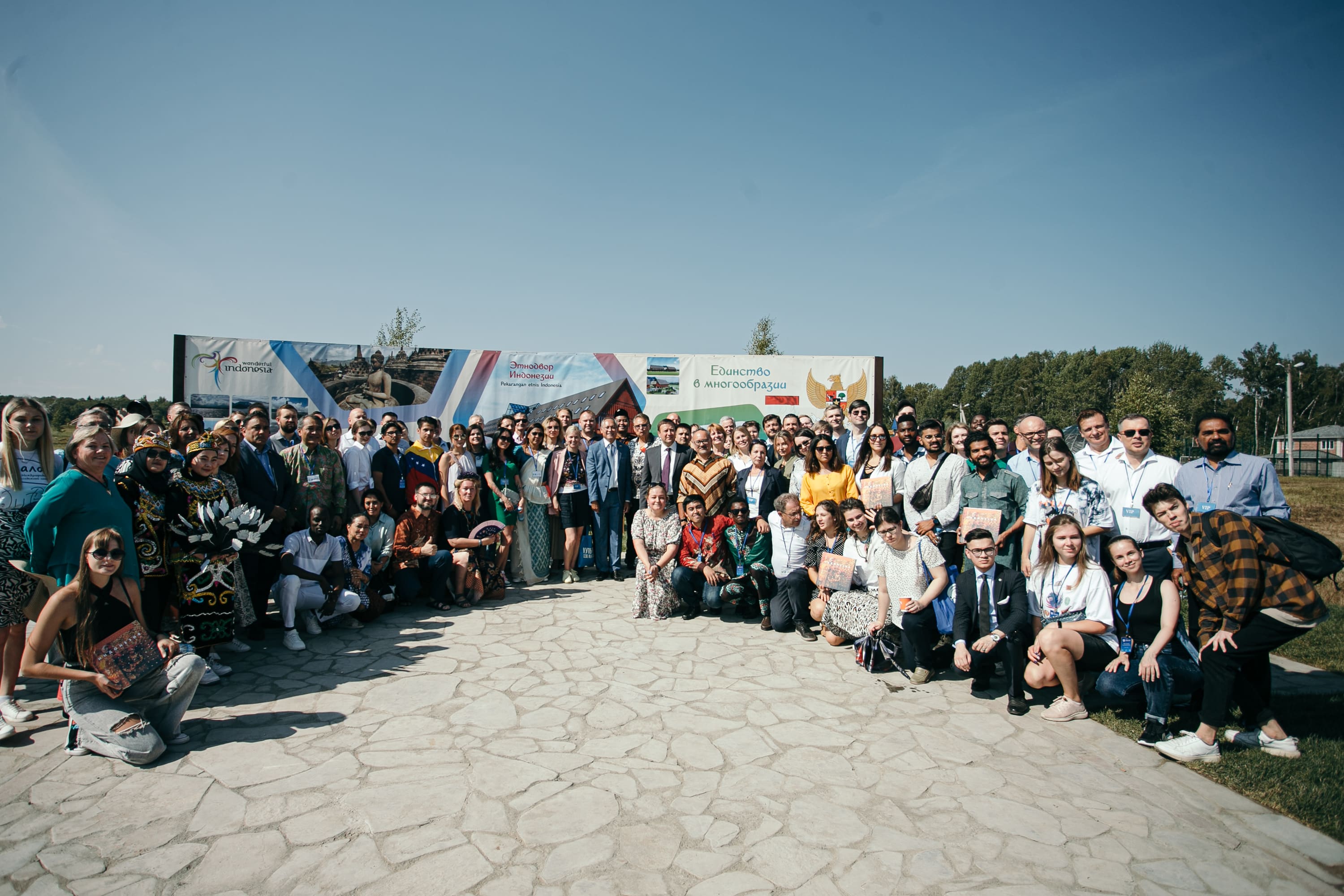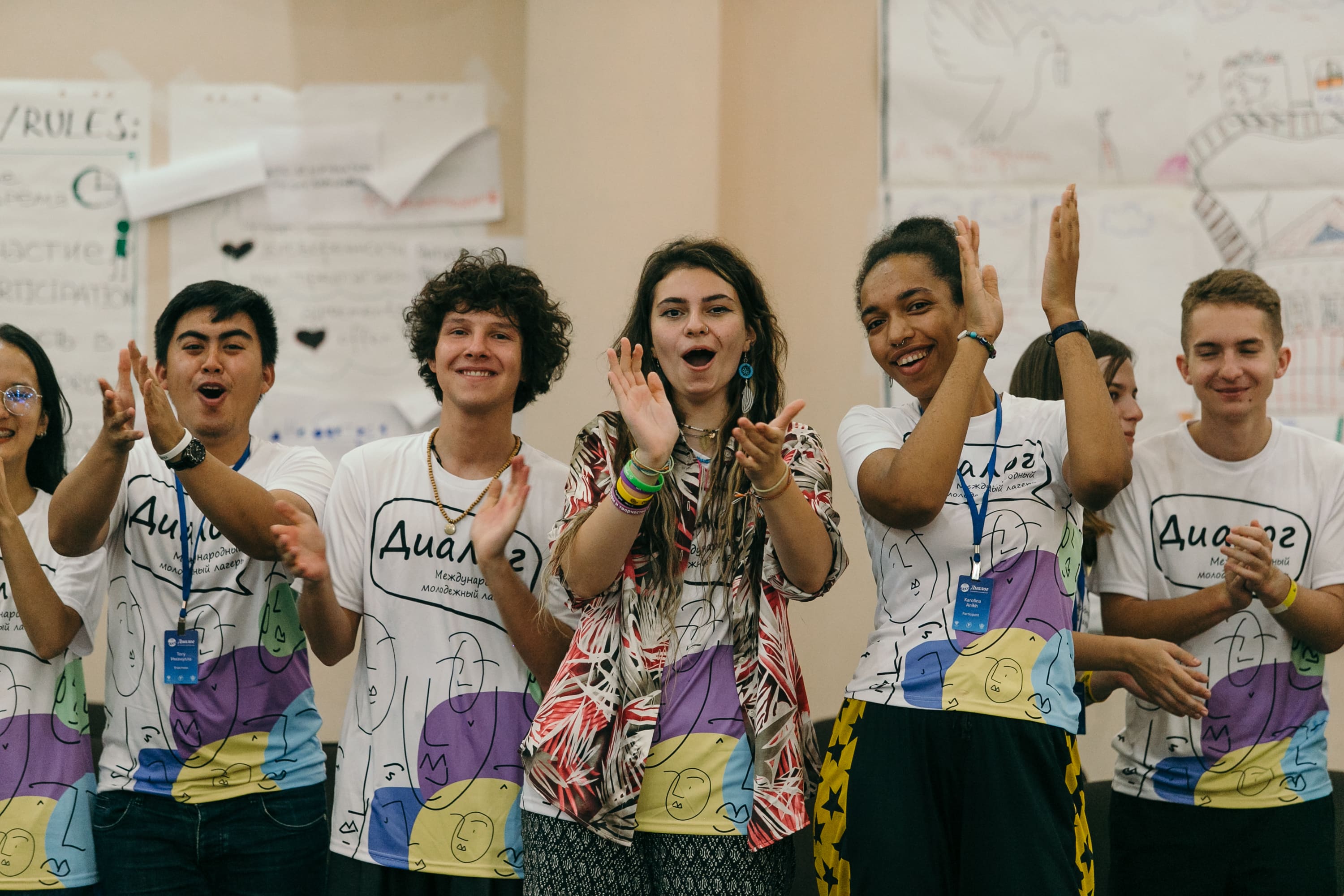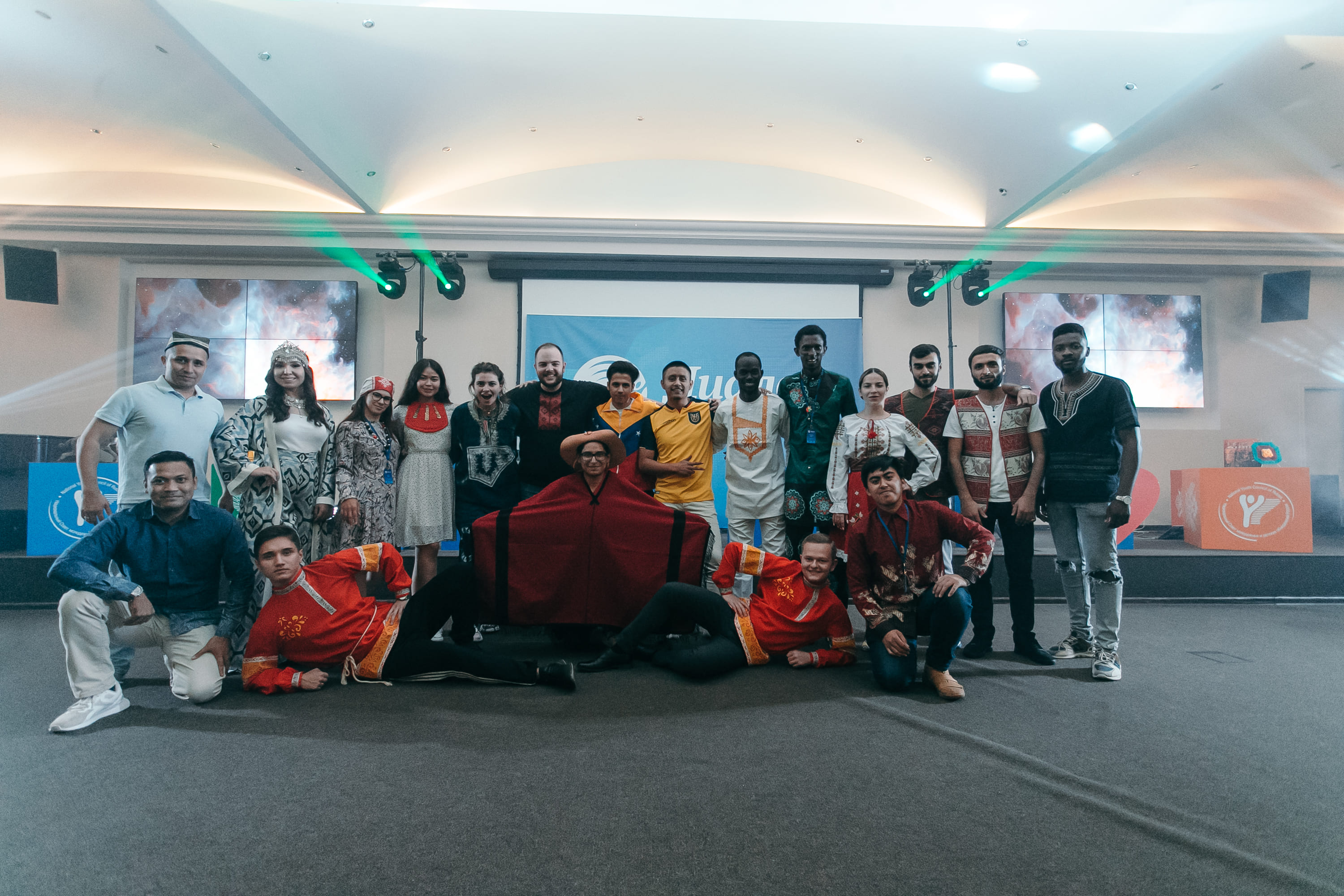Intercultural dialogue is an open and respectful exchange of views based on mutual understanding and respect between individuals as well as groups of people of different ethnic, cultural, religious and linguistic backgrounds having different historical roots.
The purpose of intercultural dialogue is to develop a deeper understanding of different worldviews and behaviours, increase the level of cooperation and involvement, create conditions for personal development and respect for the other.
Recognizing the need to eliminate all forms of discrimination and intolerance and strengthen the peaceful coexistence of the world community in 1999 the United Nations adopted the Declaration and Program of Action on a Culture of Peace. This document is intended to serve as a universal guide for governments, international organizations and civil society to work in the field of promoting and strengthening a culture of peace fixing the foundations for the peaceful and respectful coexistence of all people on earth.
Education and awareness play a key role in understanding the importance of intercultural dialogue and a culture of peace as well as intensifying action to disseminate and maintain them. The development of such values and skills as the value of diversity, respect for human rights and dignity, equality, solidarity, responsibility, critical thinking, peaceful resolution of conflicts and others, contributes to the promotion of intercultural dialogue and a culture of peace in daily life of a person and society as a whole.
The Russian Federation is actively working and has extensive experience in promoting intercultural dialogue, as more than 190 ethnic groups live on its territory. In this regard, there is a need to strengthen dialogue between different communities as well as raise awareness on intercultural dialogue as a key element of social cohesion.
Young people actively participate in the social, economic, political and cultural development of communities and countries, and also play an undoubtedly decisive role in maintaining intercultural dialogue and in achieving mutual understanding between representatives of various traditions and beliefs.
Since 2009 the International Youth Camp "Dialogue" has been the leading Russian youth educational platform on topical issues of building and promoting intercultural dialogue as well as for the interaction of young people from the Russian Federation and young people from foreign countries.
Every year the camp gathers young leaders, representatives of youth and ethno-cultural organizations from the Russian Federation and foreign countries who are actively involved in the implementation of intercultural and international youth projects and who would like to improve their competence in this area.
On August 22-26, 2022 the XIII International Youth Camp "Dialogue" was held on the basis of the ethnographic park-museum "ETNOMIR". The project took place for the thirteenth time and brought together 100 participants including young leaders, representatives of youth and ethno-cultural organizations from the Russian Federation and foreign countries who are actively involved in the implementation of intercultural and international youth projects.
The International Youth Camp "Dialogue" is part of the Action Plan for 2021-2022 for the implementation of the Strategy for International Youth Cooperation of the CIS Member States for the period up to 2030.
The purpose of the camp was to create an educational space bringing together young leaders, representatives of youth and ethno-cultural organizations with different cultural identities and experiences, in order to develop their competencies to improve the quality of their activities in promoting the ideas of intercultural dialogue and a culture of peace at the international, national and local levels.
Tasks:
- to form among the participants an understanding of intercultural dialogue and a culture of peace as a concept and as a group process as well as the necessary conditions for their promotion,
- to increase participants' intercultural competence and other competencies that facilitate the development and implementation of projects in the field of intercultural dialogue and a culture of peace,
- to identify and consider current problems and challenges on the way to building intercultural dialogue and a culture of peace in the realities of the participants and in society as a whole, develop possible responses,
- to analyze the experience of promoting intercultural dialogue and a culture of peace through human rights education tools, non-formal education methods and other practices,
- to create conditions for the formation of a community of young activists who promote the ideas of intercultural dialogue and a culture of peace.
The following topics were covered during the camp program:
- "The role of intercultural dialogue in the process of rapprochement of cultures",
- "Development of intercultural competence and intercultural learning",
- "Interaction between the state and civil society in the field of intercultural dialogue",
- "The role of international cooperation in the field of human rights protection in maintaining intercultural dialogue",
- "Harmonization of interethnic and interreligious harmony: prevention of manifestations of xenophobia, nationalism and extremism",
- "Development and implementation of intercultural projects: quality criteria",
- "Early conflict prevention and mediation mediation",
- "Combating Hate Speech on the Internet".
The camp was organized jointly by the Ministry of Science and Higher Education of the Russian Federation, the National Youth Council of Russia and MIREA –Russian Technological University.
100 participants (62 participants were from the Russian Federation, 38 were foreign participants) took part. They were leaders of youth and ethno-cultural organizations, leaders of youth projects, youth workers, representatives of youth self-government bodies, representatives of student unions, representatives of the volunteer movement, young specialists from state and municipal institutions, young researchers whose activities are directly related to the development of intercultural dialogue.
Key results:
During the camp the participants studied the principles on which intercultural dialogue and intercultural learning are built, got acquainted with the basics of social design in the field of intercultural dialogue and the quality criteria for intercultural projects, analyzed the agenda in the field of intercultural dialogue, also identified and considered current problems and challenges on the way of building intercultural dialogue and a culture of peace in modern realities. For the camp participants workshops to develop skills and competencies in the field of intercultural dialogue such as "Overcoming stereotypes", "Mediation as a way to establish a dialogue", "Emotional intelligence", "Critical thinking", "Transformation of conflicts" were also organized.
As a result of the camp the participants developed and presented their own intercultural projects, for example,
-
the BRICS + JOBS project which involves the creation of a platform for the exchange of business contacts and job offers within the BRICS countries,
-
the "Language Barrier" project which implies the creation of language clubs to improve and develop language competencies,
-
the project "Inter Dialogue" for the development of intercultural dialogue,
-
the AGEism project to combat age discrimination,
-
the project "Ethnopark" to create an ethnopark in Chelyabinsk in order to involve local residents in intercultural dialogue,
-
the "Make the first step" project which involves conducting courses on the development of critical thinking and political and cultural literacy,
-
the project "Ethnocity" to promote the topic of intercultural dialogue among children and adolescents aged 12-14,
-
creation of a volunteer detachment "MTSD" to highlight the problems of intercultural dialogue among population,
-
the "History Heritage" project which aims to overcome conflict traumas associated with historical upheavals.








